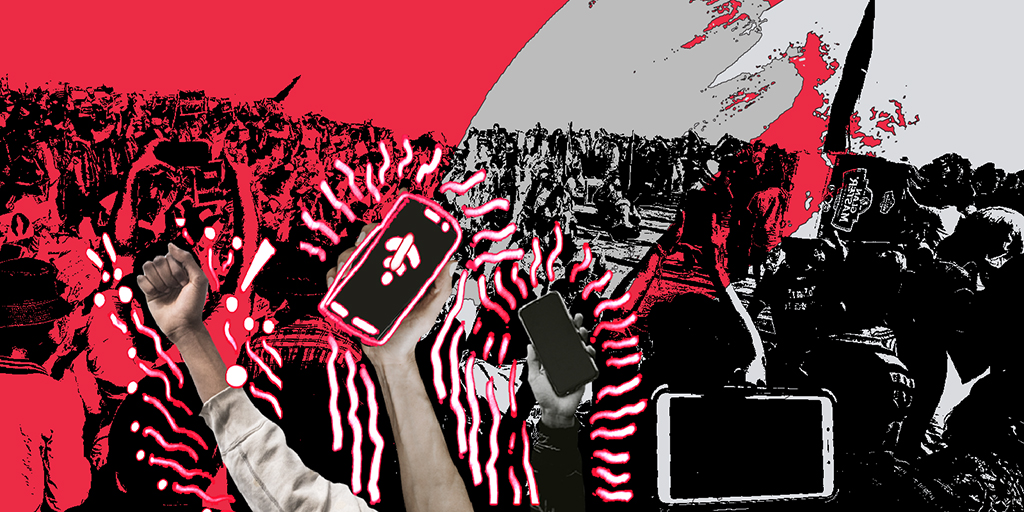Internet shutdowns are dangerous acts of digital authoritarianism. In 2021, authorities deliberately shut down the internet at least 182 times across 34 countries. This exposes a dramatic increase in the use of this oppressive form of control compared to at least 159 shutdowns recorded in 29 countries in 2020. Access Now documented at least 23 shutdowns in nine countries in the Middle East and North Africa.
Launching today, April 28, Access Now’s new report, The return of digital authoritarianism: internet shutdowns in 2021, unpacks the data, trends, and stories behind a year’s worth of internet shutdowns. Read the full report and the global snapshot.
“Authorities shut down the internet to shut down democracy,” said Felicia Anthonio, #KeepItOn Campaign Manager at Access Now. “These vicious weapons of digital dictatorship were wielded at least 182 times in 2021, disrupting not only everyday life, but attacking critical moments in a nation’s epoch — during protests, wars, and elections. That’s 182 times a leader decided to deliberately silence a people instead of empowering them to speak.”
Last year, governments exploited shutdowns to exacerbate crises, inflame wars, silence protests, manipulate elections, and cover up atrocities. Key findings include:
- Nine countries in the Middle East and North Africa shutdown the internet at least 23 times: Algeria, Iran, Iraq, Jordan, Oman, Palestine, Sudan, Syria, and Yemen;
- The biggest offenders: Sudan and Iran each shut down the internet at least five times — the highest number of shutdowns in the region — with the majority of disruptions clearly aimed at silencing dissent;
- People in Palestine and Yemen were impacted by shutdowns resulting from attacks on telecommunications infrastructure and disruptions coordinated with escalations in military activity;
- Sudanese authorities shut down the internet on at least five occasions in 2021, including for almost a month following the military coup on October 25, 2021; and
- Algeria, Iraq, Jordan, Sudan, and Syria have continued their annual practice of shutting down the internet during national schools exams to prevent students from cheating.
“Digital authoritarianism has become deeply entrenched across the Middle East and North Africa,” said Marwa Fatafta, MENA Policy Manager at Access Now. “Last year, internet shutdowns were the go-to response for Arab governments whenever they didn’t like what was happening around them — when people protested, when communities resisted, and simply whenever they wanted to assert authority or seize power.”
Read the full report and the global snapshot.
